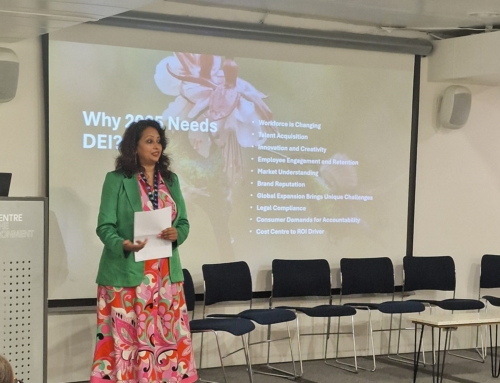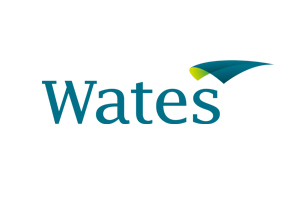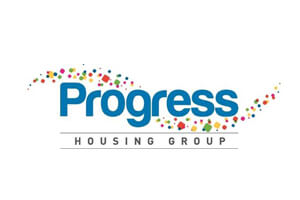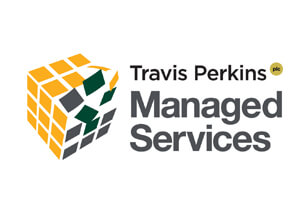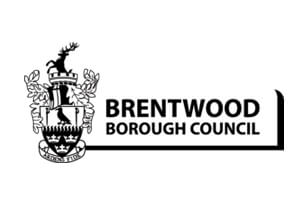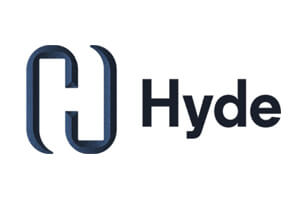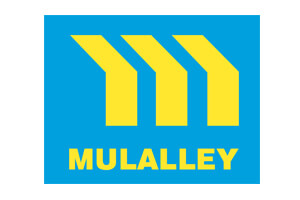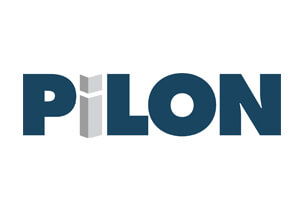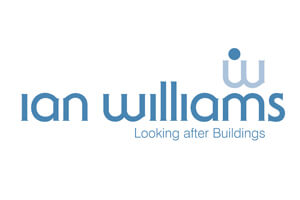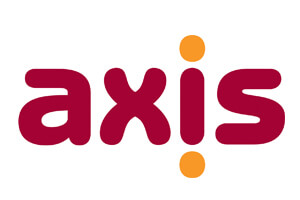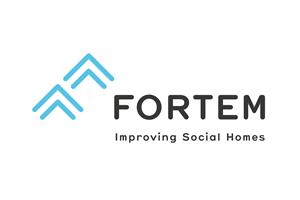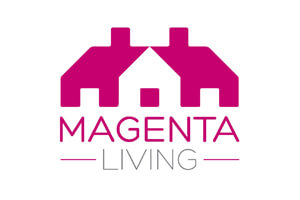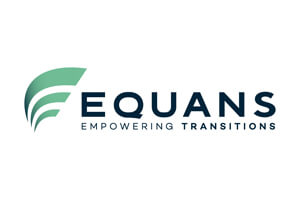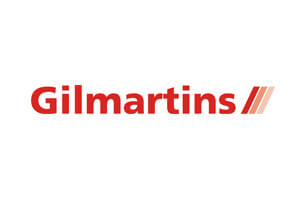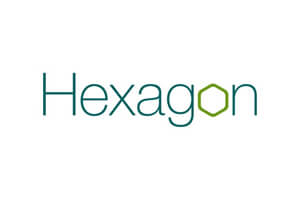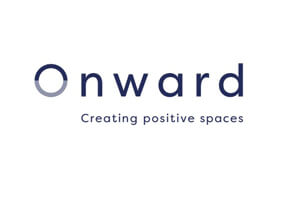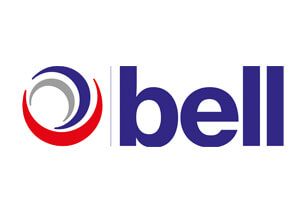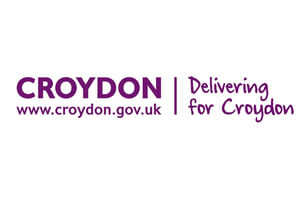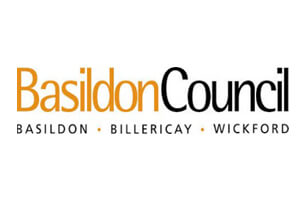Alternative Dispute Resolution Working Group: Exploring ADR to Enhance Sector Practices
On 28 January, we held the first session of our new three-part Alternative Dispute Resolution Working Group. The group, facilitated by Echelon Improvement Partnerships (EIP) with insights from The Riverside Group and Devonshires LLP, provides a unique opportunity to explore and contribute to the development of a cross-sector approach to resolving disputes effectively and collaboratively, mitigating conflict and strengthening trust.
Riverside’s ADR Journey: A Case Study
With rising disrepair cases and legal costs putting pressure on housing providers, ADR is emerging as a vital tool for achieving fair and efficient resolutions. Amanda Trent, Repairs Manager at the Riverside Group, opened the first session by sharing Riverside’s two-year journey of implementing ADR.
Riverside started by aligning its complaints policy with Section 11 and the pre-action protocol for housing conditions claims. Initial hurdles included process mapping and ensuring transparency in financial redress. Early customer contact became central to its approach, with complaints acknowledged within 48 hours and options for ADR presented upfront. The results were significant, with Riverside achieving a 60% conversion rate for ADR cases. Over 130 cases were resolved via ADR in a year.
Legal Perspective: The Case for ADR
We were then joined by Victoria Smith, Partner at Devonshires LLP, for the second part of the session.
As Victoria explained, ADR offers a cost-effective alternative with several benefits, including:
- Certainty of Outcome: ADR provides a predictable resolution pathway, avoiding lengthy legal disputes.
- Creative Solutions: Engaging with residents early fosters trust and allows for tailored solutions.
- Court Backing: Recent cases, such as Churchill v Merthyr Tydfil Council, highlight judicial support for ADR
Victoria also touched on Civil Procedure roles, explaining that since October 2024, when the rules relating to ADR changed, parties can be ordered to engage in ADR, which she described as “encouraging to see”.
“It’s crucial for landlords to engage with residents early in the process, by providing clear information about ADR options and exploring opportunities for mediation,” she said.
Breakout Discussions: Opportunities, Barriers, and Best Practices
For the third part of the session, the group then split off into three breakout groups to discuss the following:
- Advantages of ADR: Discussions highlighted cost savings, faster repair timelines, improved trust with residents, and better access to properties.
- Barriers to Implementation: The focus was on common challenges faced in ADR implementation, which include resource limitations, contractor performance issues, resistance from solicitors, and concerns about publicising ADR’s benefits.
- Sector-Wide Best Practices: Participants discussed what they would like to see in a sector-wide best practice ADR policy. Suggestions included template letters, fair compensation frameworks, Housing Ombudsman compliance, and robust no-access procedures.
The groups came back together to share their findings, which were used to create a roadmap for advancing ADR adoption, which included:
- Data Collection: Participants will share organisational ADR statistics to support benchmarking efforts.
- Template Sharing: Effective ADR documents and templates will be circulated among the group.
- Policy Reviews: Compensation policies will be revisited to align with current standards.
- Housing Ombudsman Engagement: Efforts will be made to secure formal backing for ADR processes.
- Lessons Learned: A collaborative approach to documenting and sharing insights will help refine ADR practices across the sector.
We also facilitated several polls throughout the session, which revealed that 40% of attendees currently use ADR, while 59% do not.






